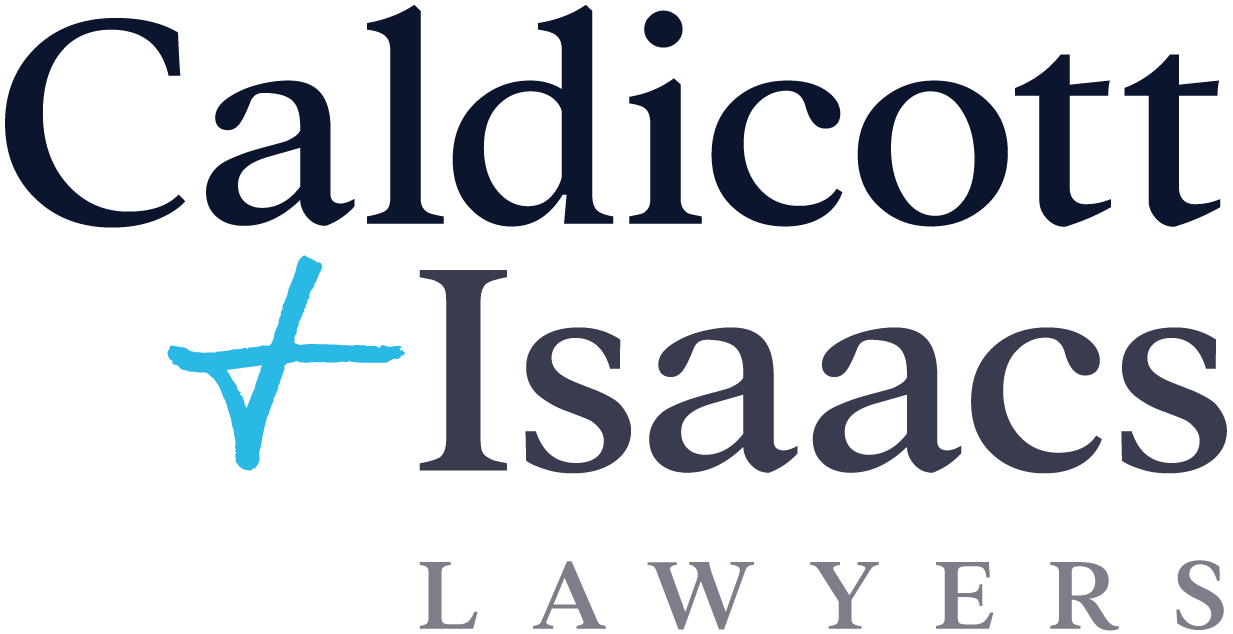A person who intentionally deceives someone else for their own benefit (or for the benefit of someone else) or to cause a detriment to someone is guilty of an offence [Criminal Law Consolidation Act 1935 (SA) s 139].
The maximum penalties for deception are:
- for a basic offence: 10 years’ imprisonment
- for an aggravated offence: 15 years’ imprisonment
Whether the offence is aggravated depends on whether offence
occurred under certain aggravating circumstances. These are listed in s 5AA in
Criminal Law Consolidation Act 1935 (SA). They include (but are not limited to) factors such as whether to offence was committed:
- against a victim under the age of 12 or over the age of 60;
- against a victim who had a particular relationship to the offender (e.g., a child, spouse or domestic partner);
- in association with a criminal organisation;
- whilst the offender was in a position of authority or trust;
- against a victim who was in a position of vulnerability because of physical disability or cognitive impairment.
It may be a defence to the charge that you:
- were under duress;
- have a factual dispute;
- had a lack of intention;
- identification dispute; or
- suffer from a mental impairment.
If you are charged with deception, the prosecution must prove that:
- You deceived (i.e., you made a misrepresentation to) another person (either by words or conduct);
- By deceiving that person you either:
- dishonestly benefited yourself (e.g., by way of gaining property or money); or
- dishonestly benefited another person; or
- dishonestly caused a detriment to that person (e.g., by way of loss of property, money or opportunity).

